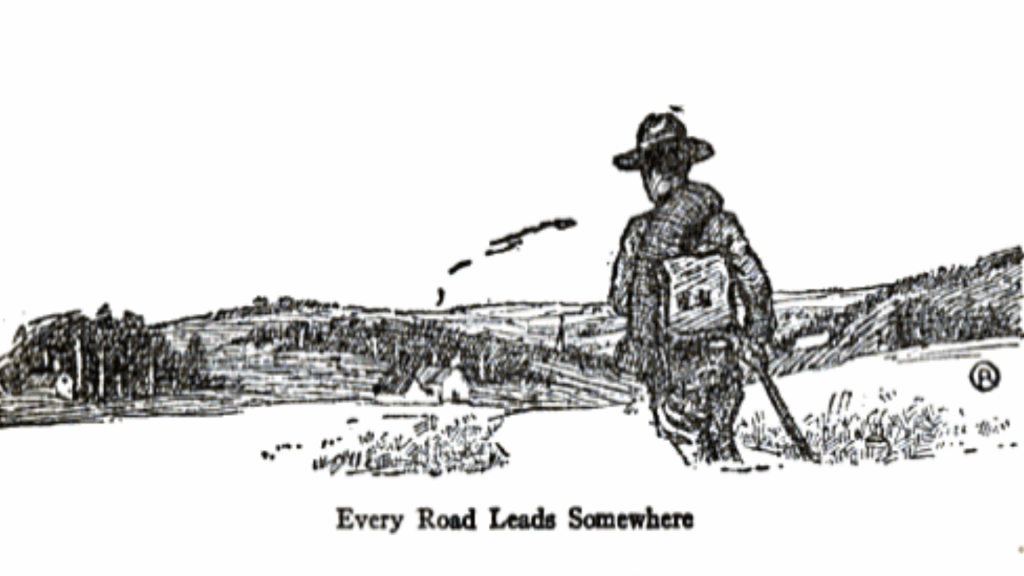
Not everyone enjoys it but to me it is a welcome thing. Our sense of smell, being one of the stronger senses, helps our brain figure out what is pleasant or foul, safe or dangerous, familiar or foreign, and triggers memories. The smell of wood smoke brings a flood of memories to my mind. All the campouts with my friends as a Scout or with my family, my dad teaching me how to build and light a sustainable fire, meals shared among comrades at a reenactment or living history, and more recently the joy of teaching my own children how to build a fire and use it’s properties for heat, food preparation, and safety. All pleasant and happy memories and usually every instance was shared with others. I have discussed religion, economics, and differing politics around a campfire and not once has anyone left out of anger or frustration. Much like a shared meal, or perhaps better than a meal, the campfire has a way of leveling out emotions and cultivating kinship. The “brotherhood” or “sisterhood” of the campfire binds us together as equal and human.
No matter where I am, if I get a whiff of wood smoke a smile can be seen develop across my face. Even while I am typing this, just thinking about it, like Pavlov’s dog, I can’t help myself but smile. When a fire is in the process of being made I know I am in camp. The equipment can be dropped and set up but until the fire is made, my mind is still likely in the outside world with the hustle and bustle. Isn’t it funny how that is? I had the opportunity to camp for one night, in the middle of my town with houses and street lights all around me and semi trucks regularly driving by but even that experience was better and refreshing to me than a night in my soft bed. I certainly did not sleep better and I was very tired by the end of the following day but the experience rejuvenated me and the campfire shared among friends and my troop was just what the doctor ordered. I can’t wait until wood smoke fills my nostrils and fumigate my clothes from the burdens of the outside world again, can you?
